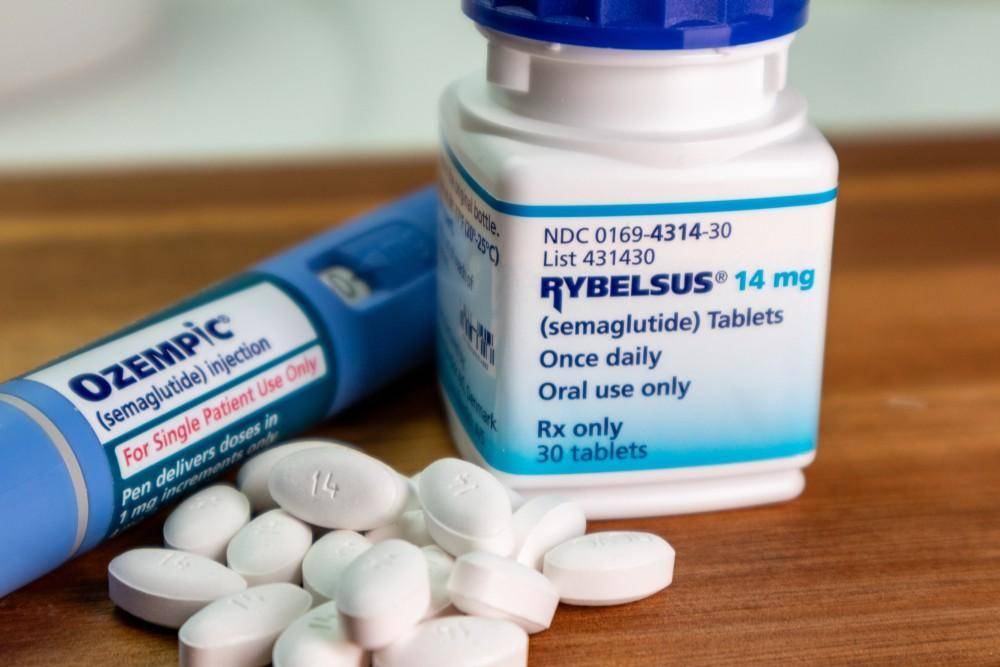Diabetes comes in various forms, with the two most common types being Type 1 and Type 2. In Type 1 diabetes, the body does not produce insulin, a hormone essential for glucose uptake. Type 2 diabetes, on the other hand, involves insulin resistance, where the body’s cells do not respond effectively to insulin.
The Connection Between Nutrition and Diabetes:
What we eat directly influences our blood sugar levels. For individuals with diabetes, maintaining stable blood sugar levels is crucial to prevent complications and manage the condition effectively. Here are key nutritional factors that play a role in diabetes management:
- Carbohydrates:
- Focus on complex carbohydrates with a low glycemic index, such as whole grains, legumes, and vegetables. These foods cause a slower rise in blood sugar levels, providing more stable energy throughout the day.
- Fiber:
- Incorporating fiber-rich foods like fruits, vegetables, and whole grains can help regulate blood sugar levels by slowing down the digestion and absorption of carbohydrates.
- Protein:
- Including lean protein sources, such as poultry, fish, tofu, and legumes, can contribute to satiety and help stabilize blood sugar levels.
- Healthy Fats:
- Opt for sources of healthy fats, such as avocados, nuts, seeds, and olive oil. These fats play a role in heart health and can help manage weight, which is important for individuals with diabetes.
- Portion Control:
- Monitoring portion sizes is essential for managing calorie intake and preventing blood sugar spikes. Eating smaller, balanced meals throughout the day can help maintain stable glucose levels.
- Sugar and Sweeteners:
- Limiting added sugars is crucial for individuals with diabetes. Choosing natural sweeteners in moderation or alternatives like stevia can be a better option.
- Meal Timing:
- Consistent meal timing can help regulate blood sugar levels. Aim for a balanced distribution of carbohydrates, protein, and fats throughout the day to avoid large fluctuations.
- Hydration:
- Staying well-hydrated is important for overall health. Water is the best choice, and sugary drinks should be limited or avoided.
Personalized Approach:
It’s important to note that there is no one-size-fits-all approach to nutrition for diabetes. Individualized meal plans, taking into account factors such as age, activity level, and medications, should be developed in collaboration with healthcare professionals and registered dietitians.
Conclusion:
Nutrition is a powerful tool in the management of diabetes. Adopting a balanced and mindful approach to eating can help individuals with diabetes regulate their blood sugar levels, reduce the risk of complications, and improve overall well-being. Combining a healthy diet with regular physical activity and appropriate medical care creates a comprehensive strategy for effectively managing diabetes and living a full, healthy life.
For more information on this topic, please reach out to us at RescueMD at 972-390-7667. We are an internal medicine, weight loss and women’s health practice. We serve Allen, Frisco, Mckinney, Plano, Dallas and surrounding areas. In addition to physicians, we also have registered dietitians and personal trainers on staff to treat and manage most cases.







